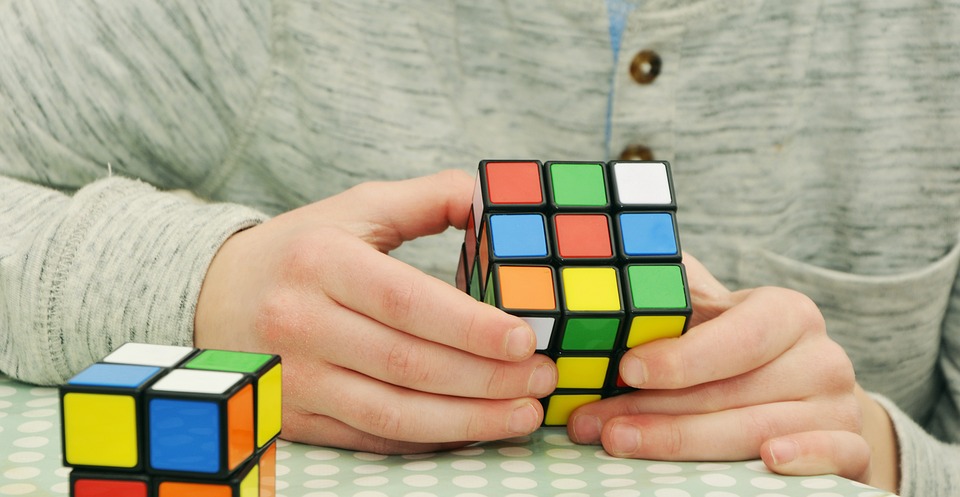
Positive peer relationships are an essential part of a child’s development. These relationships help children to build essential social skills, develop empathy and learn how to navigate complex social situations. Additionally, positive peer relationships can have a significant impact on a child’s overall well-being and mental health. As parents and caregivers, it’s important to understand the power of positive peer relationships and how we can support children in building and maintaining these important connections.
Peer relationships play a crucial role in a child’s social and emotional development. Interactions with peers help children to learn how to communicate effectively, solve conflicts and work as part of a team. Positive peer relationships also provide children with emotional support, helping them to feel a sense of belonging and connectedness. When children experience positive interactions with their peers, it can boost their self-esteem and confidence, leading to improved mental health and overall well-being.
As children grow and develop, they often turn to their peers for support, acceptance, and guidance. Positive peer relationships can provide children with a sense of security and safety, creating an environment where they feel comfortable expressing themselves and taking risks. By fostering positive peer relationships, children can develop important social skills such as cooperation, empathy, and understanding, which are essential for success in both their personal and professional lives.
In order to unlock the power of positive peer relationships for kids, parents and caregivers can play an important role in supporting and encouraging these connections. Here are a few ways to do so:
1. Encourage open communication: Encouraging children to communicate openly and honestly with their peers can help them to build trust and develop strong connections. Parents can model effective communication and problem-solving skills, providing children with the tools they need to navigate peer relationships.
2. Foster a supportive environment: Creating a supportive and inclusive environment at home can help children to feel more comfortable and confident in their interactions with peers. By praising and acknowledging positive social behaviors, parents can reinforce the importance of kindness, empathy, and cooperation.
3. Teach conflict resolution skills: Conflict is a natural part of any relationship, and it’s important for children to learn how to navigate and resolve conflicts in a healthy and productive way. By teaching children effective conflict resolution skills, parents can help them to build and maintain positive peer relationships.
4. Encourage positive social activities: Encouraging children to participate in positive social activities, such as team sports, clubs, and community events, can help them to build strong connections with their peers. These activities provide children with opportunities to develop new friendships and strengthen existing relationships.
By unlocking the power of positive peer relationships, children can develop essential social and emotional skills, build confidence, and experience a greater sense of well-being. As parents and caregivers, it’s important to support and encourage these connections, as they play a crucial role in shaping a child’s overall development and happiness.
Luxury Items for Moms - 70% OFF at ClassyLuxe.com
Younger Glowing Skin - Discover Ancient Ayurvedic Secrets at DoctorIndiaHerbals.com
Explore One of the Largest Collections of Dinosaur-Themed Toys, Games, Gifts, Decor, and More at DinoAvenue.com
Empowering Moms at Every Step - www.SuperMommy.io
Discover Premium Design Elevator Shoes for Men and Women at LondonCobblers.com
Discover Hidden Family Destinations for Vacations at Places.Travelz.io
Find the Best Deals on Airfare and Hotels with Advanced Metasearch Technology at www.Travelz.io